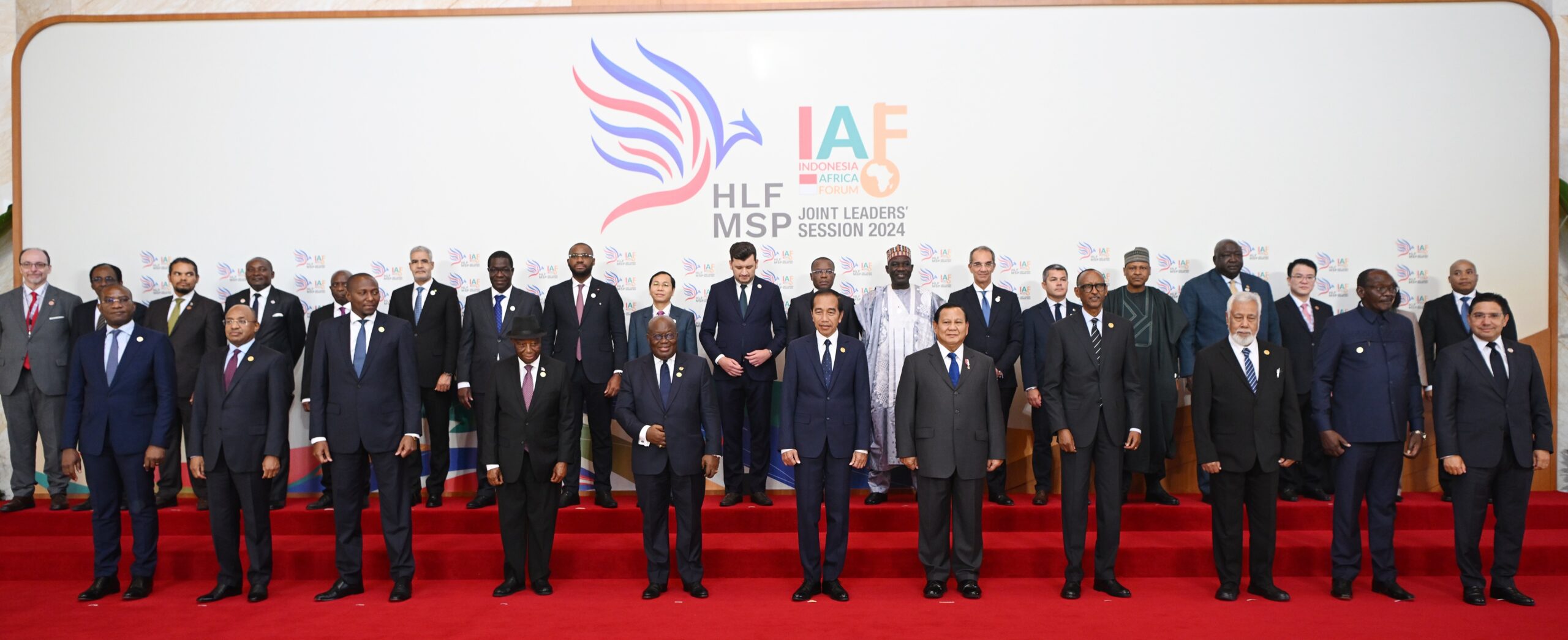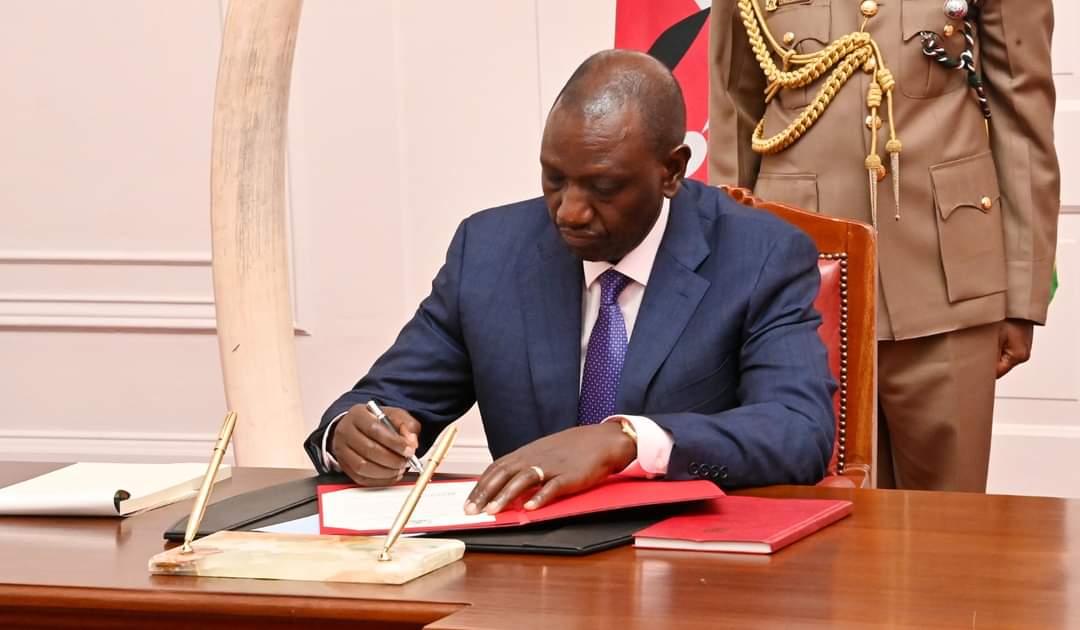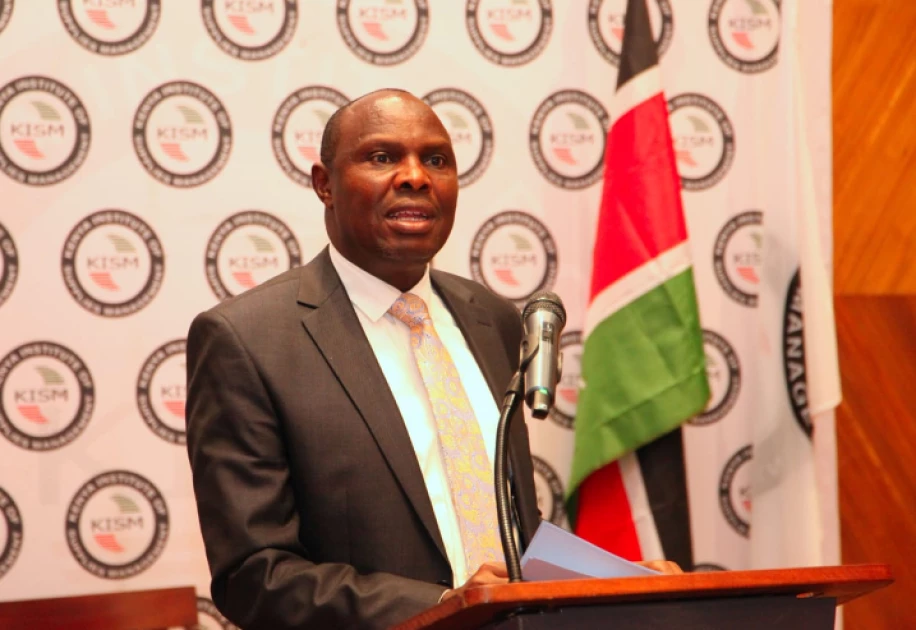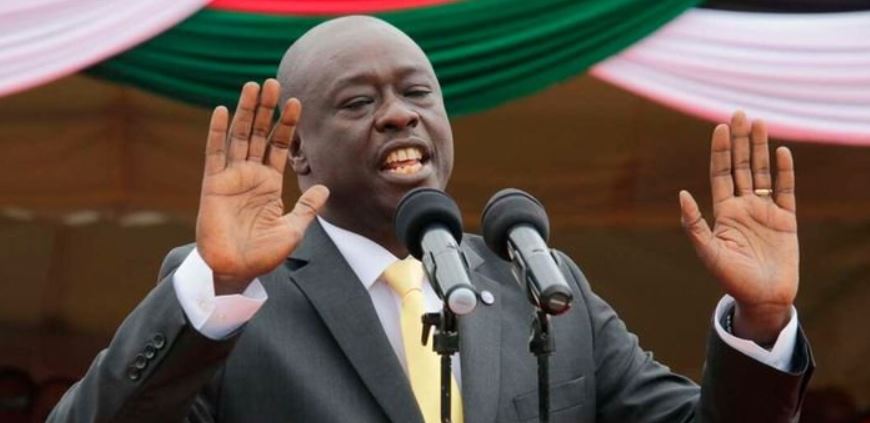

The Justice and Legal Affairs Committee of the National Assembly has rejected a key recommendation by the National Dialogue Committee, NADCO, aimed at instituting an official opposition leader.
The committee ruled such a constitutional alteration must be put to a referendum.
“This decision marks a significant setback,” said President William Ruto. He had thrown his weight behind the same proposal, just like Opposition leader Raila Odinga, who saw the Bill as crucial for reform.
In a report tabled before Parliament, the committee explained categorically that mere approval in Parliament will not help.
The Bill is based on the recommendations of NADCO that contains new offices such as the Prime Minister and Leader of the Official Opposition that could give a different look to the Kenyan government.
“The creation of this office should be clearly articulated,” said the committee. They emphasized that there was need for clear definitions in the scope and function of the proposed office of opposition leader.
The committee also warned that the proposed position would weaken Kenya’s presidential system. “Amendments to the Constitution will be far-reaching,” they said, adding that a referendum should be held if such changes were to be made.
These critiques varied from a lack of clarity on what branch the new office will fall under to whether or not this would serve to polarize the different political parties further.
The Committee reminded them that the Constitution already provides that the Minority Leader in the National Assembly is the de facto opposition leader.
“The Constitution does not allow an Executive member in Parliament,” it stated. “This would dramatically change our form of government, which is a call solely reserved for the people.”
The NADCO report was the culmination of bipartisan discussions prompted by months of protests against the government. It attempted to remove some of the perennial political problems, such as the “winner-takes-all” mentality of elections blamed for violence after elections.
Further proposals within the Constitution Amendment Bill, 2024 inspired skepticism. Among the suggestions in this regard was increasing senators’ tenure from five to seven years, with elections being staggered.
However, this idea was dismissed by the committee on the grounds of increasing financial costs to the taxpayers.






































































































































































































































































































































































































































































































































































































